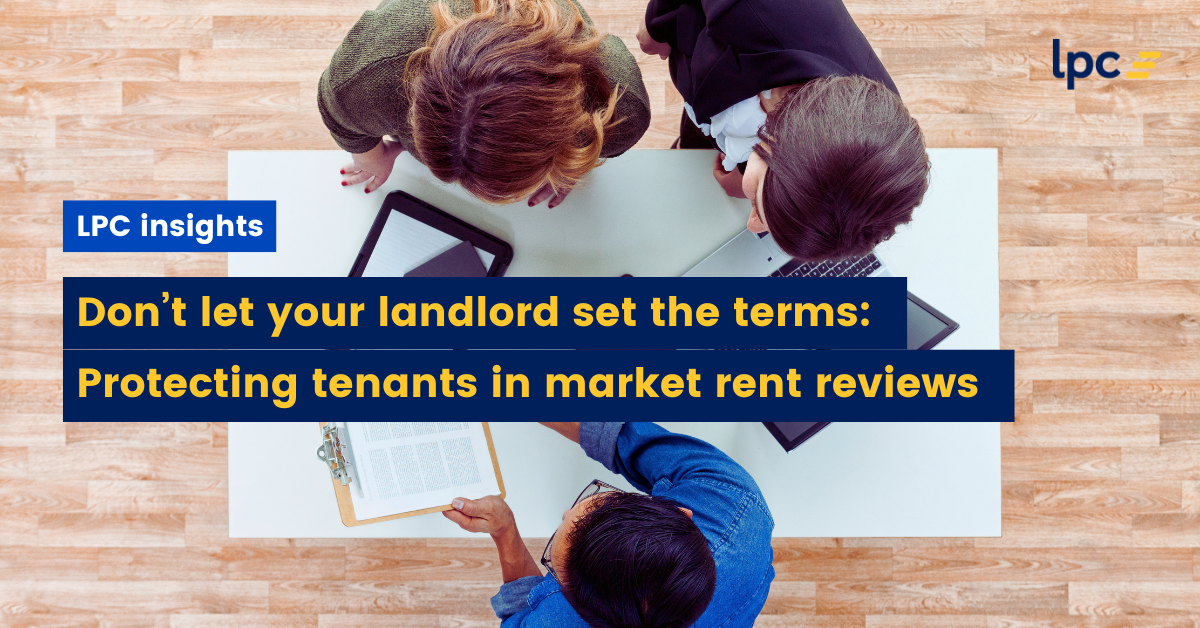Over the past few years, the Australian retail landscape has witnessed a trend - the emergence and rise of pop-up retail. This innovative retail model, known for its temporary and experiential nature, has been embraced by businesses countrywide as a novel way to reach consumers and revitalise the retail scene. What does this trend imply for retail tenants?
The rise of pop-up retail in Australia signifies a shift in retail strategy. "The pop-up retail model's beauty lies in its temporality and novelty. It allows retailers to test new markets, products, or strategies without committing to a long-term lease," says Adrian Gerber, LPC Director of Retail Melbourne adding, "In the current economic climate, this flexibility is desirable."
Pop-up retail leverages online and brick-and-mortar retail advantages by combining the physical experience with the ephemerality of an online flash sale. It capitalises on the 'fear of missing out' (FOMO) phenomenon, driving consumer interest and foot traffic.
Implications for retail tenants
Flexibility: Pop-up retail allows tenants to inhabit prime real estate locations for a fraction of a traditional lease's cost. This flexibility enables tenants, significantly smaller businesses and startups to establish a physical presence without a hefty financial commitment.
Testing grounds: According to Ken Lam, LPC's Director of Retail Sydney, "pop-up stores serve as an excellent testing ground for tenants. They provide a real-world platform to gauge consumer response, test products, and experiment with store layout and design before investing in a permanent location."
Brand experience: pop-up retail enables tenants to create immersive, experiential brand engagements that are often more memorable and impactful than traditional retail experiences. "By creating unique, temporary experiences, brands can generate buzz and connect with consumers on a deeper level," continues Ken.
Event-driven retail: pop-up retail often revolves around events, holidays, or product launches. This approach allows retail tenants to capitalise on peak shopping periods and build momentum for their products or services.
Challenges for retail tenants
However, it's not all smooth sailing. pop-up retail brings its unique set of challenges. Finding the right location can be tricky and often involves negotiations with landlords unused to short-term leases. Setting up a temporary store also demands significant logistical planning, from sourcing stock to staffing.
"Despite its appeal, pop-up retail isn't a guaranteed success," warns Adrian Gerber, "to maximise the benefits, tenants need a clear strategy and thorough understanding of their target market. It's more than just securing a great location; it's about offering an unforgettable shopping experience."
Another concern for retail tenants is the temporary nature of pop-up stores.
Maintaining consumer interest and engagement beyond the store's lifespan is crucial. "Tenants need to consider how they'll leverage the relationships formed during the pop-up's tenure," advises Adrian. "Continuing the relationship online or through other channels is essential for ongoing success."
For interested tenants, finding an opportunity can be challenging, as a shopping centre will often prioritise a long-term tenant rather than a short-term opportunity, even if it means waiting with vacant space. Centres, where there are more vacancies, tend to be more receptive.
Timing is also critical – opportunities can often present themselves during high seasons like Christmas, where a landlord may be prepared to fill a vacancy with a short-term tenant, but will often request a percentage of sales as part of the negotiation. Tenants securing pop-ups in peak times must factor this into their revenue modelling.
Tenants also need to consider the impact of fitting out a temporary store – understanding the costs and whether a cut-price or basic fit-out will be detrimental to the brand are key to evaluating an opportunity.
Negotiating pop-up space
When it comes to negotiating pop-up retail space, there are several key factors that tenants need to consider. Firstly, the lease's length and flexibility are paramount.
Given the pop-up store's transient nature, tenants should strive for short-term leases with possible extensions if the pop-up proves successful. Furthermore, tenants should ensure that they fully understand and agree with the terms around early termination or extension.
Secondly, tenants should negotiate for a clause that allows them to modify the space to fit their branding needs. However, they should also be prepared to return the property to its original state once the lease ends.
Lastly, understanding the expected foot traffic in different locations at various times is crucial. "Knowledge of consumer behaviour is key. Ensure your pop-up is where your target market is likely to be, and when they're likely to be there," advises Ken Lam.
In conclusion, the rise of pop-up retail in the Australian market offers exciting opportunities for retail tenants. It presents a chance to innovate, experiment and connect with consumers in unique ways. While it poses challenges, with careful planning and strategic execution, the pop-up retail model can be a potent tool in a retailer's arsenal.
Ken emphasises, "In an ever-changing retail landscape, adaptability is key. Retail tenants who are willing to innovate and adapt to emerging trends like pop-up retail will undoubtedly stay ahead in the game."
About LPC & the LPC subscription service
LPC provides office, retail, and industrial occupiers with advice and services that benefit their accommodation arrangements and respective businesses. With no ties to investment property owners or leasing agents, we only represent occupiers, and our advice is free from any conflict of interest that would disadvantage an occupier. Our purpose is to help commercial occupiers optimise their accommodation and tenancy arrangements. You will find the LPC subscription service helpful when identifying key terms for renegotiation and getting to the lease you deserve.


